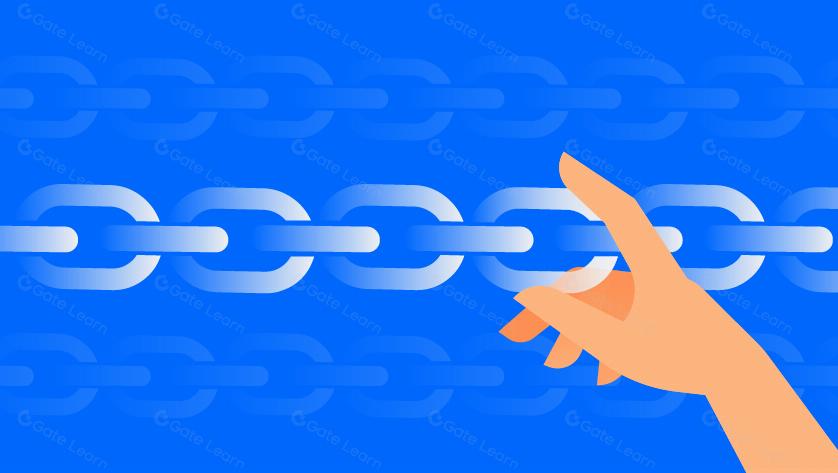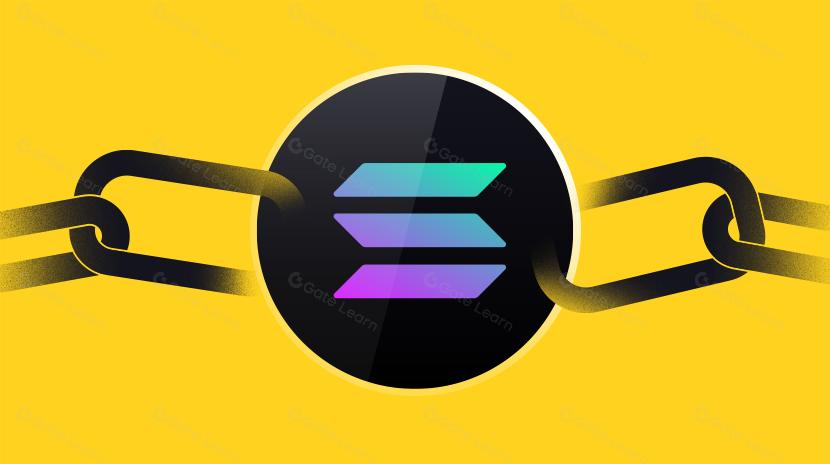Immutable

Immutability is one of the core characteristics of blockchain technology, referring to the inability to alter or delete data once it has been recorded on the blockchain and received sufficient confirmations. This feature ensures the integrity and transparency of transaction history, providing a reliable foundation of trust for decentralized systems. In blockchain networks, each new block contains a cryptographic hash of the previous block, forming a tamper-proof chain where any attempt to modify historical data would break this linked relationship, thus being detected and rejected by the network.
The concept of immutability originated from the need to revolutionize traditional ledger systems. In the design of early digital currencies, Satoshi Nakamoto first introduced immutability as a key mechanism to solve the double-spending problem in the Bitcoin whitepaper. Through the Proof of Work consensus algorithm and distributed ledger technology, Bitcoin created a system where transactions could not be reversed or modified once confirmed. This design fundamentally changed how digital asset ownership records were perceived and established foundational principles for subsequent blockchain projects.
From a technical perspective, immutability is achieved through the combination of cryptographic hash functions and consensus mechanisms. Each block contains multiple transaction data, which are organized through a Merkle tree structure to generate a root hash value, then packaged together with the previous block's hash, timestamp, and other information. Miners or validators need to solve complex mathematical problems (in Proof of Work systems) or meet specific staking requirements (in Proof of Stake systems) to create valid blocks. Once a block is added to the chain and receives sufficient subsequent block confirmations, the cost of modifying that block increases exponentially, becoming practically impossible in real-world operations.
Despite bringing trust and security guarantees to blockchain, immutability faces several challenges. First, regulatory compliance issues are increasingly prominent, especially when confronting privacy regulations such as the European Union's "right to be forgotten," where blockchain's indelible nature may conflict with legal requirements. Second, funds lost due to erroneous transactions or smart contract vulnerabilities cannot be recovered through simple data modifications, necessitating higher standards for code auditing and emergency response mechanisms. Additionally, as storage requirements continue to grow, maintaining complete historical data places an increasing burden on node operators, prompting the industry to explore more efficient data storage and access solutions.
As a fundamental characteristic of blockchain technology, immutability not only defines the essence of this technological paradigm but also shapes its unique value proposition. It transforms blockchain into a genuine "trust machine," achieving data verifiability and historical transparency without central authorities. As technology evolves, the blockchain ecosystem is exploring ways to maintain core immutability while adding degrees of flexibility and adaptability to meet broader application needs and regulatory requirements. As enterprises and government institutions increasingly embrace blockchain technology, a deep understanding and appropriate application of immutability will be key to building the next generation of trusted digital infrastructure.
Related Articles

The Future of Cross-Chain Bridges: Full-Chain Interoperability Becomes Inevitable, Liquidity Bridges Will Decline

Solana Need L2s And Appchains?
